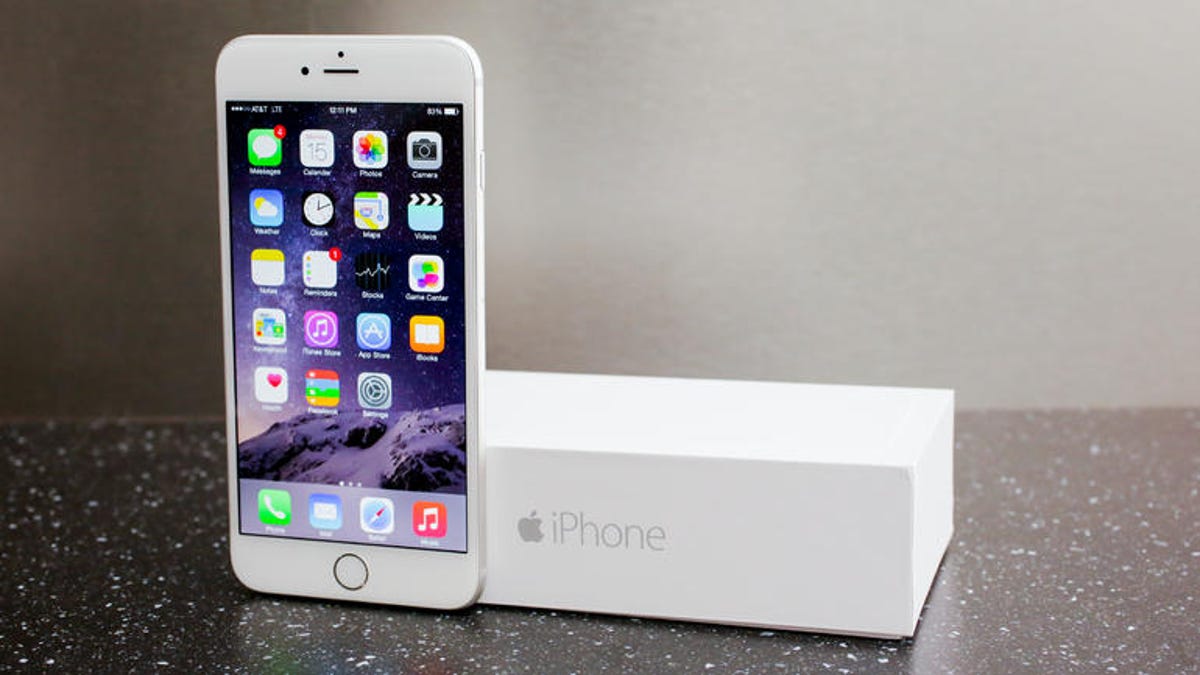Apple's slickest iPhone releases may slip to a 3-year cycle
The current two-year upgrade cycle may fall victim to a softer phone market and fewer dramatic enhancements to each new model, says Japanese news site Nikkei.
Apple might prolong its big iPhone refreshes from every two years to every three years.
The company currently issues a major iPhone upgrade every other year, with a less momentous model coming in the off year. For example, the iPhone 5 was followed by the more incremental iPhone 5S, and the iPhone 6 by the iPhone 6S.
A shift from that plan is "likely," according to Japan's Nikkei newspaper, just as the smartphone market itself is shifting.
Apple would ramp up to a three-year upgrade cycle for major refreshes for a couple of reasons, says the Nikkei. First, smartphone demand is slowing. In the first quarter of the year, Apple suffered its first-ever drop in smartphone sales.
Second, Apple is outfitting each new iPhone with fewer enhancements. The iPhone 6S and 6S Plus offered little in the way of new features beyond 3D Touch pressure sensitivity and Live Photos, which generate quick videos. Reports say this year's expected iPhone 7 lineup will include just a few new features, such as dual speakers and a dual camera system (but only on the iPhone 7 Plus).
Apple isn't the only victim of a sagging smartphone market, where a once regular stream of blockbuster debuts has given way to "phone fatigue." Consumers in developed markets have become blase over a perceived lack of exciting features in new phones and are sticking longer with the phones they already have. Mobile carriers have also put the kibosh on subsidized plans, which effectively makes new phone models more expensive.
A three-year cycle for Apple could start in 2017. Reports claim that the company is waiting until next year, the 10th anniversary of the original iPhone, to stage a major upgrade. The 2017 iPhone could switch from conventional LCD screens to OLED displays, which are thinner, lighter and less battery-hungry. Next year's phone may also adopt an edge-to-edge display and dispense with the physical home button.
For 2016, Apple isn't expected to top the 230 million iPhones it sold in 2015, according to production schedules provided to suppliers, the Nikkei added. If so, that will be the first time annual iPhone sales failed to surpass those of the prior year.
An Apple spokeswoman declined CNET's request for comment.


